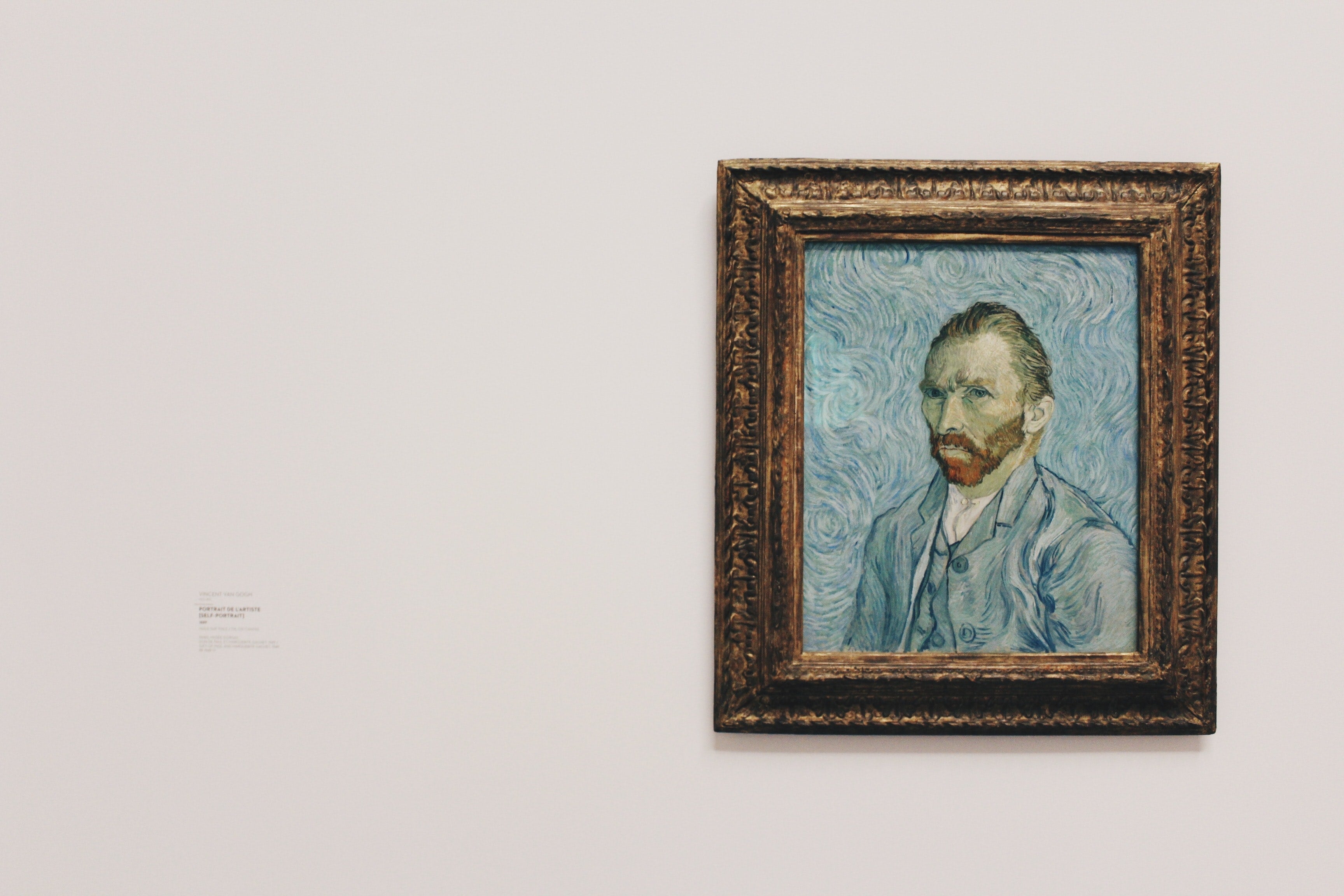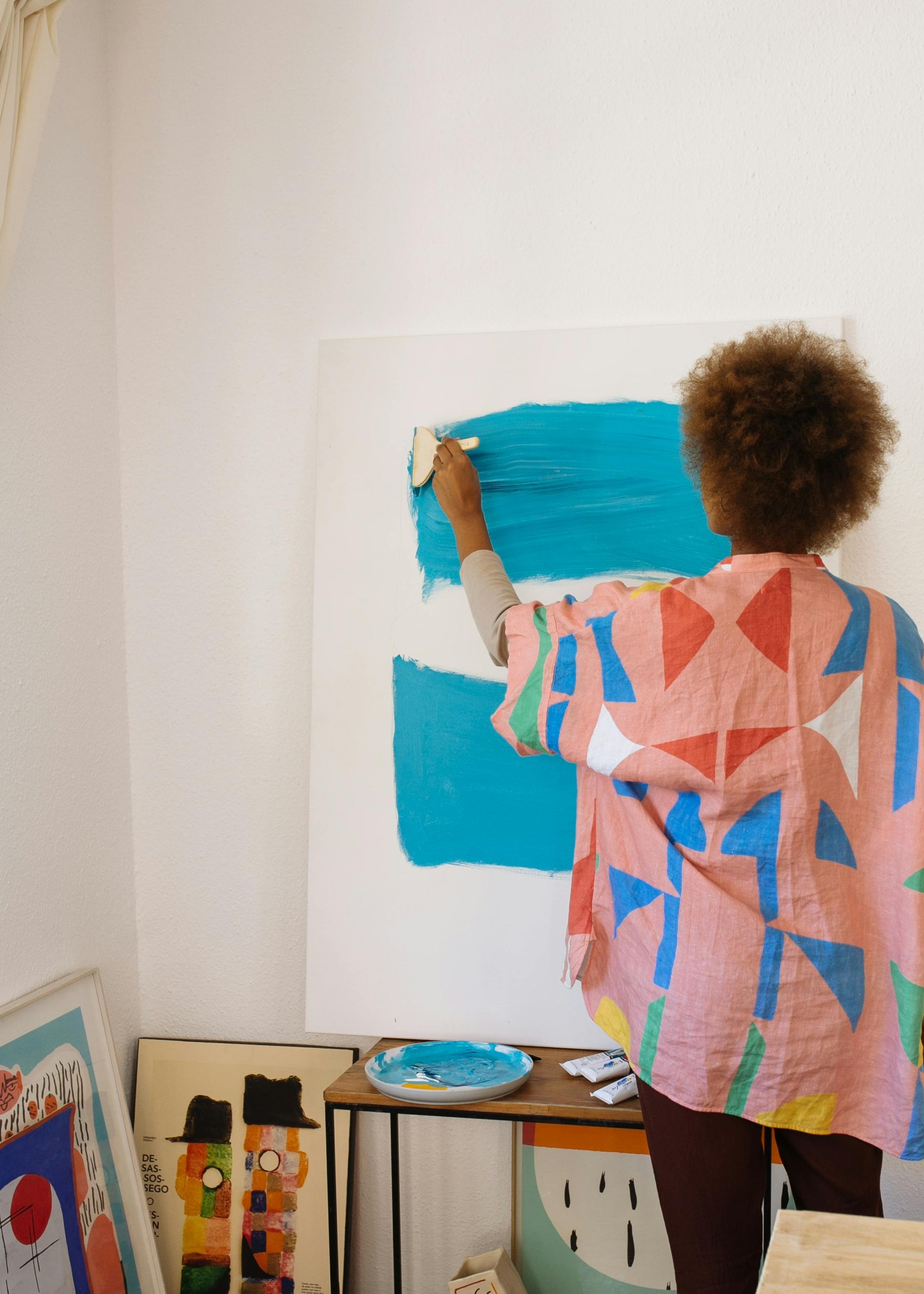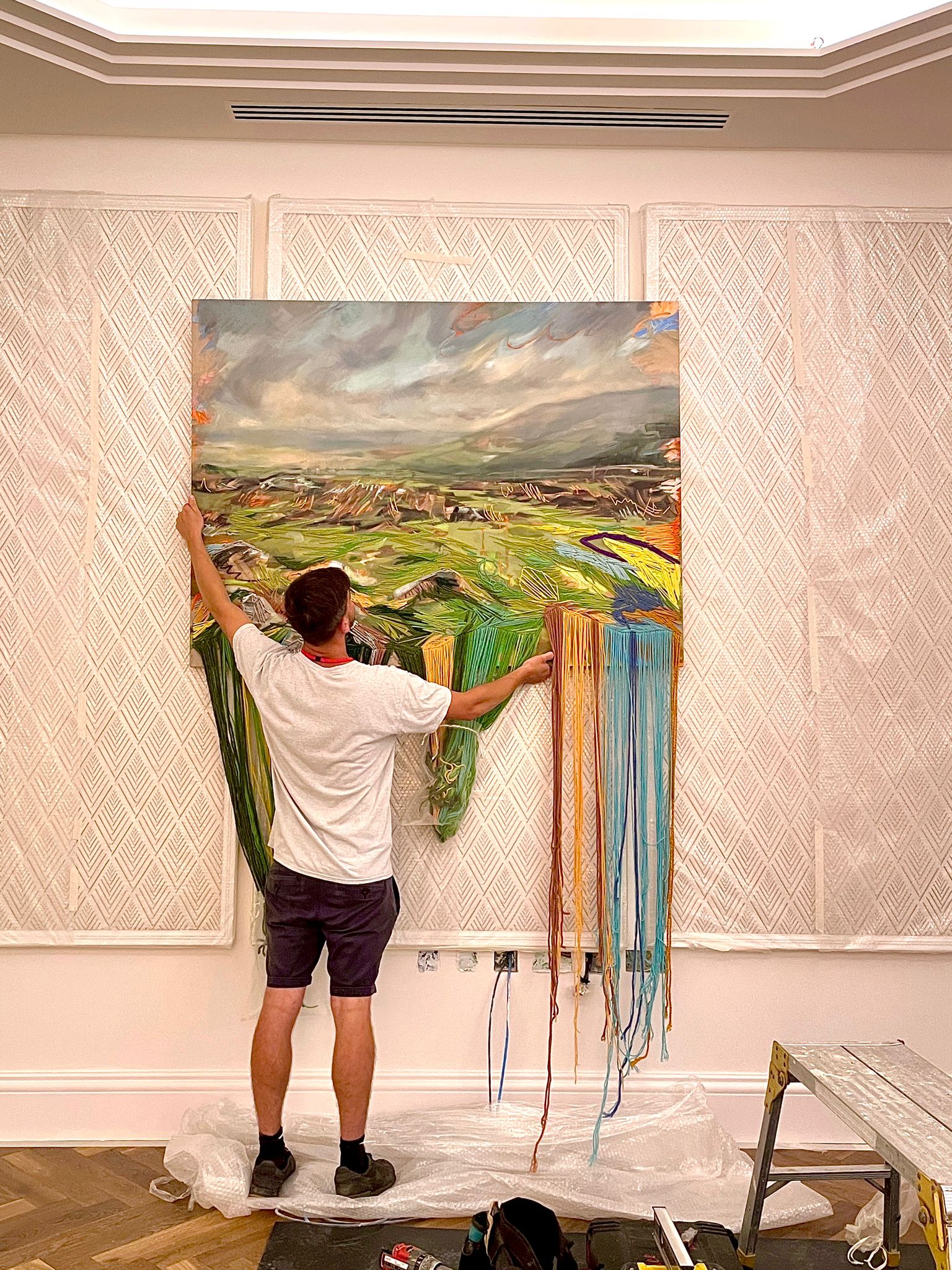At Curaty we make knowledge sharing a part of our culture. The more we learn, the better off we will be. This week, our intern Andrew R. led the conversation sharing his learnings on curiosity and self-mastery, and how to use these techniques to make the most of our time at home.
Often we get caught up in the rhythm of our work lives and forget to question our own happiness and fulfillment in life, our "why".
Now in this period of quarantine (or “forced growth” as Andrew calls it), we are forced to spend an uncomfortable amount of time with ourselves. How can we use this time to become more curious and get to know ourselves better?
Our team summarised the three main takeaways from our knowledge sharing session today into 3 key actionable points.
We hope that they inspire you to take action, stay curious and self-master!
1. The Inward Move
"The first move toward mastery is always inward— learning who you really are and reconnecting with that innate force. Knowing it with clarity, you will find your way to the proper career path and everything else will fall into place. It is never too late to start this process." - Mastery, Robert Greene.
What did you want to be when you were a kid? Chances are, you are not that right now. Our childhood interests reveal a lot about our passions because at their core those passions never change.
Action: Ask yourself, what did you want to be? And now, as an adult (or at least a bit older, hopefully), ask yourself why you wanted to be that? It should give you a good starting place for some self-discovery.
E.g. Andrew wanted to be a detective, then an architect! Detective because he loved solving problems and being the hero, and architect because he loves designing for impact.
2. Conscious Curiosity
"We all have an innate sense of curiosity that we can cultivate. It starts with asking questions. The most brilliant minds spend their entire lives asking questions about confounding issues. Leonardo’s mission in life was a pursuit of truth and beauty, which led to his own inquisitiveness." - How to Think Like Leonardo da Vinci, Michael Gelb.
We've got an unparalleled opportunity to be curious, to ask questions and take time to seek out the solutions. Be curious about everything.
Think about the five-year-old you know, you might notice they are incredibly curious and ask questions practically every minute. Yes, it can be annoying. But it is also revealing about the nature of kids - they ask, with no hesitation and no shame, and are rewarded with pure knowledge. Today, saying the words “I don’t know” petrify some of us, we are so worried about the judgment that comes with it. But being home creates a safe space, the ideal location to reconnect with your inner five-year-old!
Action: When you find something interesting and thought-provoking, follow it. Journal about it. Record your observations and thoughts. Follow the sources from one to another, and satisfy your curiosity. As Malcolm Gladwell states, "Feel free to wander down roads that don't lead anywhere immediately".
E.g. Think of the exercise like when you're online, clicking a link out of curiosity, and repeating it until you realise it’s been 6 hours. You might have started your journey searching “chiaroscuro” and ended up in “paramagnetism” or “scrimshaws”, simply following your curiosity, clicking the link, and learning.
3. Kick down the middle.
In football (soccer) during penalty kicks at the elite level, 57% of goalkeepers dive left, and 41% dive right. Which direction gives you the best shot? Well, the 2% leftover, right down the middle. Yet only 17% kick down the middle. Why?
Imagine the world watching, the highest stakes at play, and you run up and...kick it right at the goalie, without the keeper ever moving a muscle. "Embarrassing" would be putting it lightly. (statistics and the above scenario are taken from "Think Like a Freak", by Steven Levitt and Stephen Dubner).
Becoming more curious is a choice and one that sometimes can be surrounded by fear. Even something this simple can be more complex than it may seem. Let the fear of shame go.
Action: Ask why, speak up, and take time to journal. It may seem strange, embarrassing, or unproductive, but it will end up helping you grow more than you thought you could. Kick it down the middle. Who knows, maybe you'll score?







